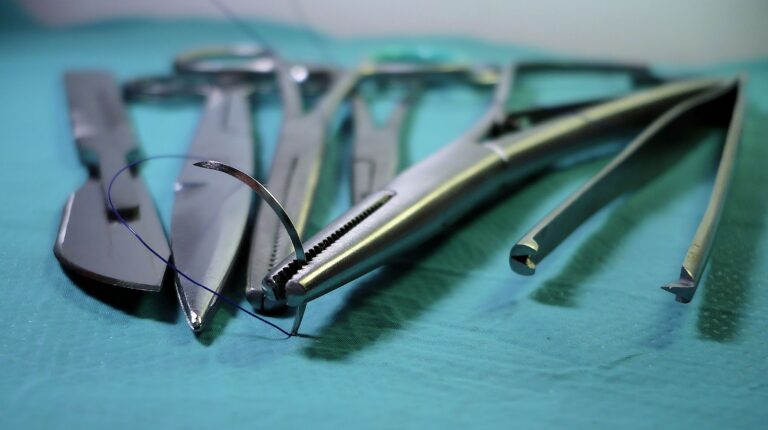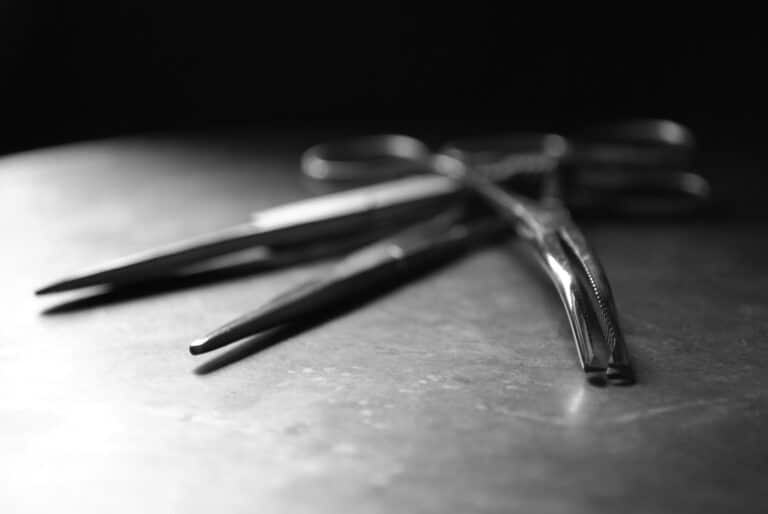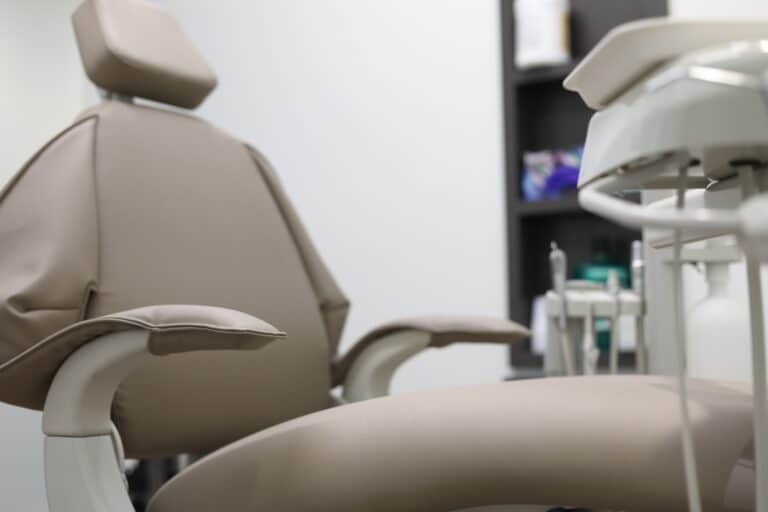Symptoms of Piles (Haemorrhoids)
Pain and discomfort
Piles (Haemorrhoids) can cause sharp or aching pain, especially when sitting or during bowel movements.
Itching or irritation
Piles (Haemorrhoids) may cause a persistent itching sensation around the anus due to inflammation.
Bleeding during bowel movements
You may notice bright red blood on toilet paper or in the toilet bowl after a bowel movement.
Swelling or a lump near the anus
External haemorrhoids can form a noticeable lump or swelling, which may be tender to the touch.
What are Piles (Haemorrhoids)?
Haemorrhoids, also known as piles, are swollen blood vessels located in or around the rectum and anus. They are a common condition and can cause discomfort, itching, pain, and even bleeding during bowel movements. While haemorrhoids often resolve on their own, some cases may require medical intervention, especially if they become persistent or severely painful.
Enquire Now About Piles (Haemorrhoid) Removal
Causes of Piles (Haemorrhoids)
Several factors can contribute to the development of haemorrhoids:
Chronic constipation or straining
Excessive straining during bowel movements increases pressure on the blood vessels in the rectum.Pregnancy
Pregnant women are more prone to haemorrhoids due to increased pressure on the pelvis and hormonal changes.Prolonged sitting
Sitting for long periods, especially on the toilet, can contribute to haemorrhoid formation.Obesity
Excess body weight puts additional pressure on the pelvic area, increasing the likelihood of developing haemorrhoids.




Our Piles (Haemorrhoids) Removal Service
At Hoveton Clinic, we offer professional haemorrhoid removal services performed by experienced specialists. If lifestyle changes and over-the-counter treatments haven’t relieved your symptoms, our surgical treatments provide a safe, effective solution to eliminate haemorrhoids and improve your quality of life.
Haemorrhoid Removal Procedures
We offer a range of treatment options, depending on the severity of your haemorrhoids:
Rubber band ligation
A small rubber band is placed around the base of the haemorrhoid, cutting off its blood supply. The haemorrhoid will shrink and fall off within a few days.
Contact Us
To learn more about our services or to schedule an appointment, contact Surgicentre in Hoveton, Norwich today. Our friendly staff will be happy to assist you in finding the right treatment to restore your smile.
Certain conditions may make haemorrhoid removal unsuitable. Please inform us if you have:
Recent rectal or anal surgery
We may delay treatment if you’ve recently undergone surgery in the anal area.Active anal infection
Infections must be treated before haemorrhoid removal can proceed.Bleeding disorders
If you have any blood clotting issues, it’s important to inform us as it may affect treatment.
Additionally, let us know if you’re pregnant, as some treatments may be adjusted for expectant mothers.
1. What are Piles (Haemorrhoids)?
Piles (Haemorrhoids), also called piles, are swollen blood vessels located in the rectum or anus. They can be internal or external and are often caused by straining, constipation, or prolonged sitting.
2. What are the common symptoms of Piles (Haemorrhoids)?
Common symptoms include pain, itching, discomfort, swelling, and bleeding during bowel movements. You may also feel a lump near the anus, particularly with external haemorrhoids.
3. When should I seek treatment for Piles (Haemorrhoids)?
If your Piles (Haemorrhoids) cause persistent pain, bleeding, or discomfort that doesn’t improve with over-the-counter treatments, you should seek professional help. Haemorrhoids that are prolapsed or thrombosed may also require medical intervention.
4. What treatments are available for Piles (Haemorrhoids)removal?
We offer several treatment options, including rubber band ligation.
5. Is Piles (Haemorrhoids) removal painful?
Most treatments, such as rubber band ligation and sclerotherapy, cause minimal discomfort. Haemorrhoidectomy, being more invasive, may involve some pain during recovery, but pain management options will be discussed with you.
6. How long does it take to recover from Piles (Haemorrhoids) removal?
Recovery time varies depending on the treatment. Non-surgical options like rubber band ligation have minimal downtime, while a haemorrhoidectomy may require a few weeks for full recovery.
7. Can Piles (Haemorrhoids) return after treatment?
While treatment is effective in removing existing Piles (Haemorrhoids), new ones can develop if the underlying causes—like constipation, straining, or sitting for long periods—are not addressed. We provide guidance on prevention during your consultation.
8. Are there any risks associated with Piles (Haemorrhoids) removal?
Piles (Haemorrhoids) removal procedures are generally safe, but like any medical procedure, there can be risks. These may include infection, bleeding, or temporary difficulty with bowel movements, especially after a haemorrhoidectomy.
9. Can I have Piles (Haemorrhoids) removal if I’m pregnant?
Some treatments, like rubber band ligation, may be suitable for pregnant women, but others may need to be postponed until after delivery. During your consultation, we’ll recommend the safest approach for your specific situation.
10. How can I prevent Piles (Haemorrhoids) from developing again?
You can reduce the risk of Piles (Haemorrhoids) by maintaining a high-fibre diet, staying hydrated, avoiding straining during bowel movements, and avoiding prolonged sitting. Regular exercise and keeping your weight in check can also help.
